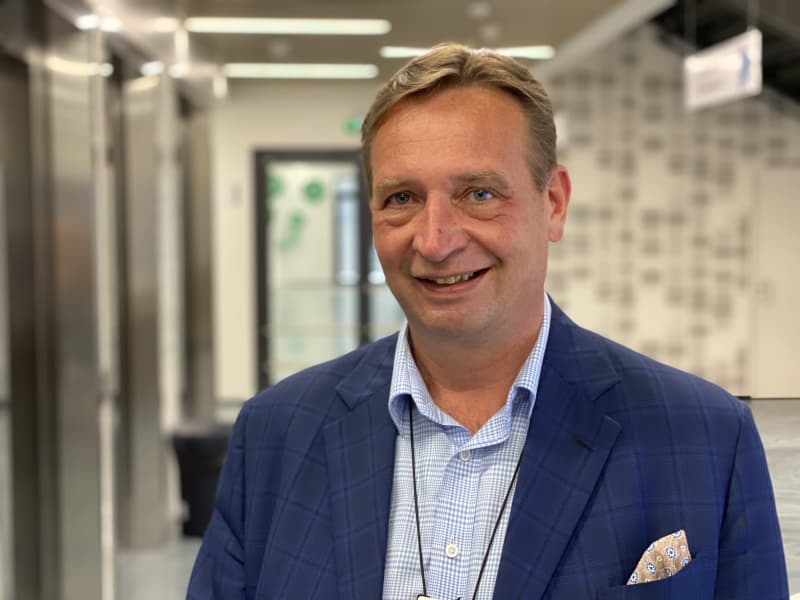
According to Petri Virolainen, Regional Director of the Päijät-Häme Welfare Region, training new nurses can no longer solve the labour shortage.
In his view, it is no longer feasible in Finland to train an increasing proportion of the shrinking educable population in social welfare services, even though the need for services is growing. Nurses must be able to concentrate on those jobs for which their skills are absolutely necessary.
Today, carers may, for example, shelve items and distribute food.
– We need to transfer the work that is not really nursing to the professionals to whom it can be transferred. We also need to introduce new technology. We have, for example, drug-dispensing robots and other options of all kinds,” says Virolainen.
He admits that some things a human can still do better than a robot, but choices have to be made.
– We have quite a lot of tasks where we cannot replace a person, and then the people have to be concentrated on those tasks.
According to the Estonian, new tools must be introduced more boldly.
– Now everyone in their nursing work needs to start thinking innovatively about what could be done by someone else, even a machine, in this work.
The social services sector lagging behind in the transformation of working life
Päijät-Häme’s welfare regional director Petri Virolainen admits that the health and social services sector has not been able to change with the change in working life as quickly as it should have.
– It has been a situation for a long time that personnel have come to work, and we have not had to change. Young people entering working life no longer work under the same conditions, which is a very positive thing.
According to him, a more flexible working model and fairer management are now needed. The career path model for nursing staff also needs to be rethought.
– We’ve had a fairly traditional model up until now, and development in our own work may not have been taken into account at a sufficient level.
Deregulation would help the division of labour
The Estonian believes that the regulation should be loosened so that the current tasks of caregivers can also be shared with others.
– If we want a greater benefit from care assistants than at present, we should relax the regulation a bit, that is, we should allow them to perform tasks that the regulations do not currently allow.
In his opinion, foreign labor is not enough to solve the nursing shortage.
– It hasn’t done that completely anywhere else in Western Europe either.
